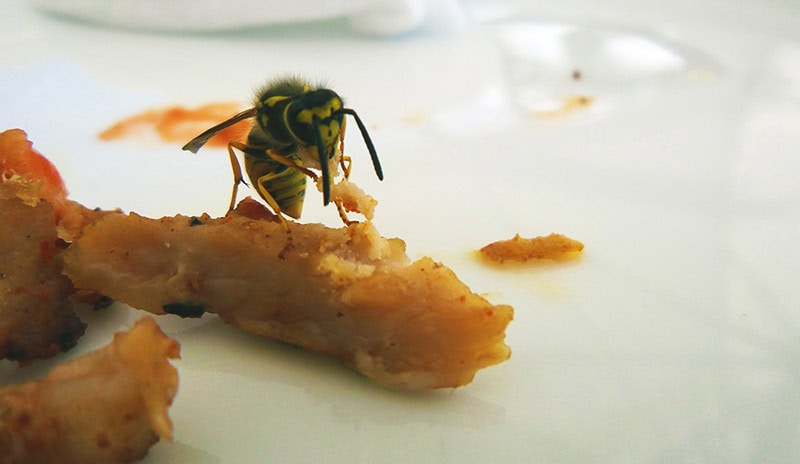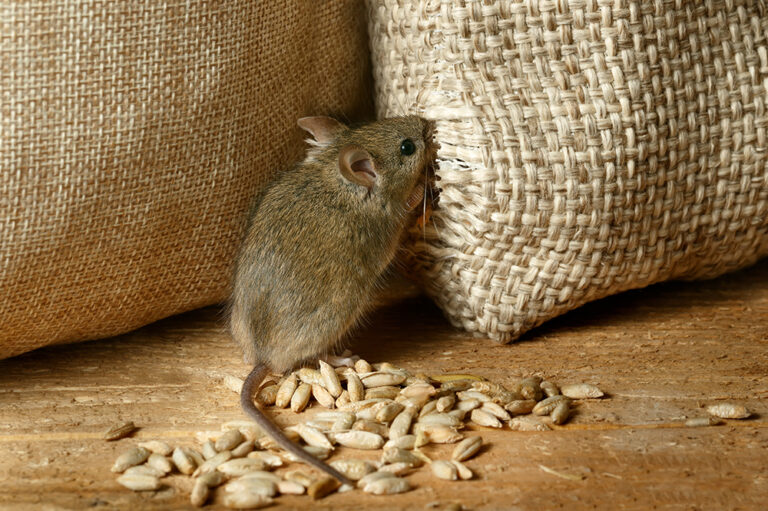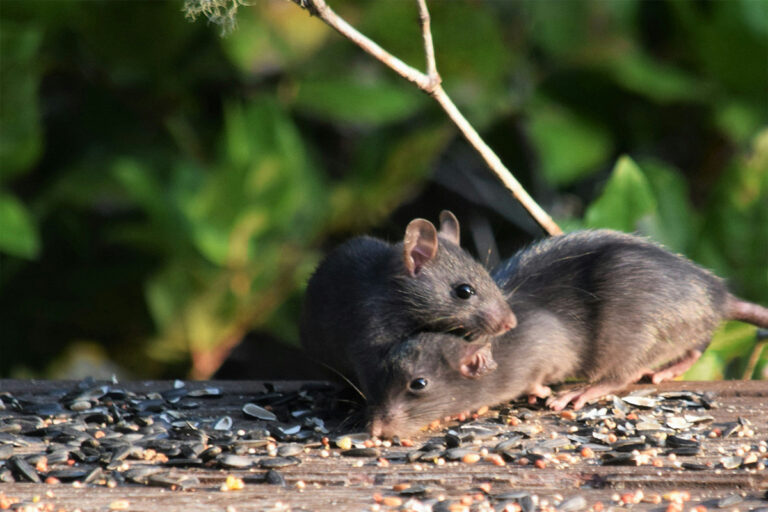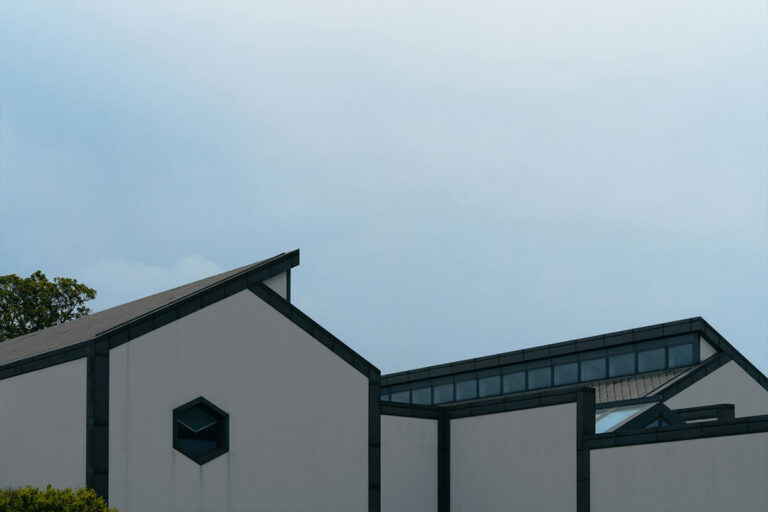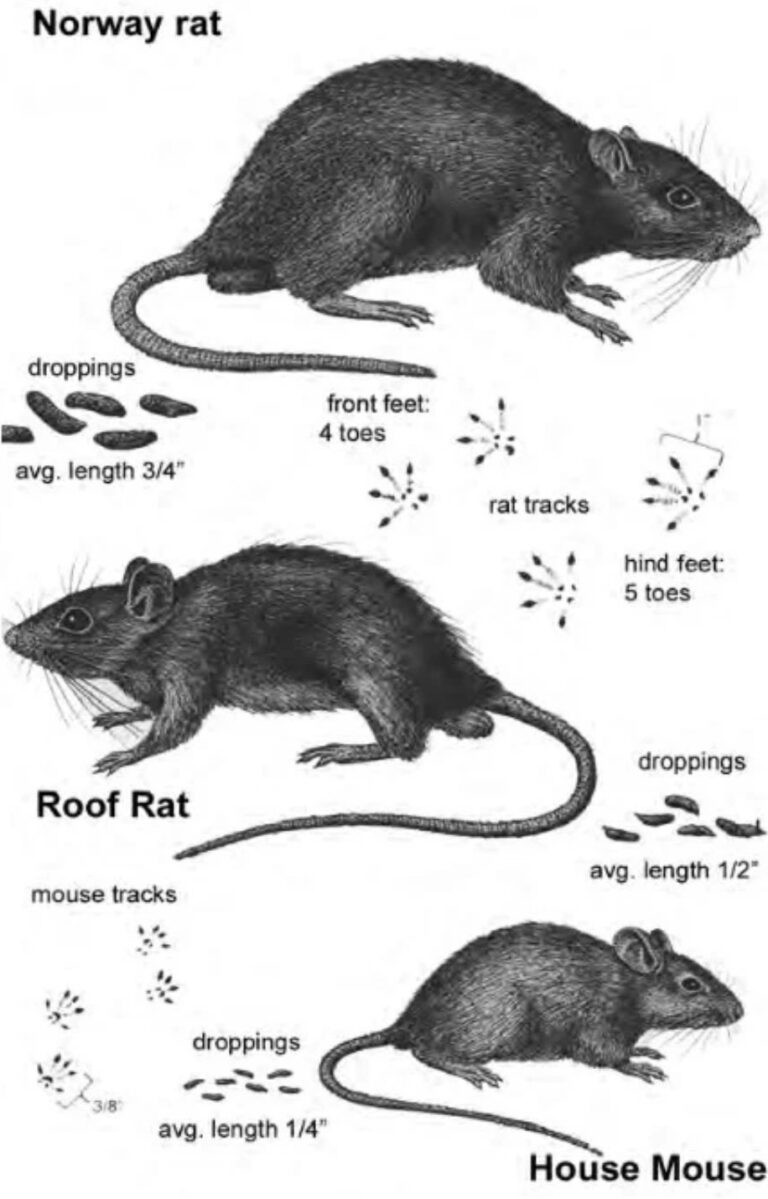Got a wasp problem? Take the sting out of Summer!
Have you got a wasp problem? Summer, the season of sunshine, barbecues, and … wasps. And lots of them.
Whether you’re enjoying a peaceful afternoon in the garden or managing a busy commercial property, wasps can quickly turn from a mild annoyance into a serious problem. And if it feels like there are more of them buzzing around this year, you’re not imagining things.
Why Are There So Many Wasps This Summer?
Every year is a bit different when it comes to wasp activity. Some summers pass relatively quietly. But this year there is a definite buzz in the air.
This summer, many parts of the UK have seen a surge in wasp numbers. The reason? A mild winter followed by a warm spring has created ideal breeding conditions. Wasps love the heat, and when it arrives early, queens emerge from hibernation sooner and start building nests earlier in the season.
Wasps are very sociable; a single nest can house thousands of wasps by late summer. So, if you’re seeing a lot of wasps now, it could be a sign that nests nearby are reaching their peak.
The lowdown on Wasp nests
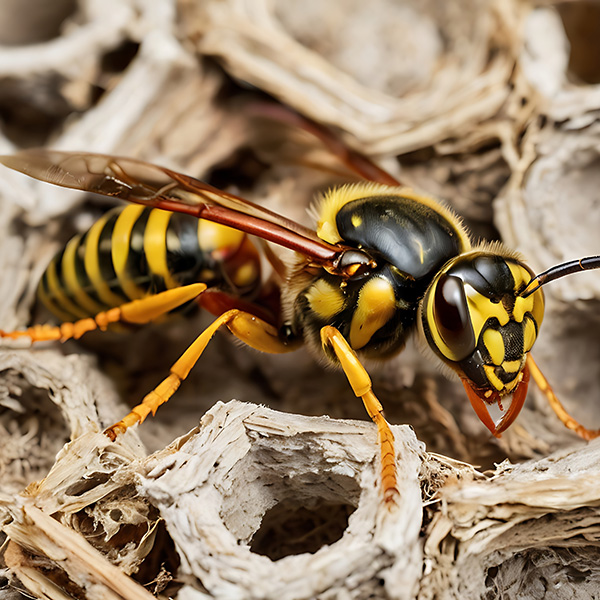
Lets start with the basics. Wasps typically build their nests in sheltered spaces: garden sheds, roof spaces, wall cavities, under eaves, in attics, and even in the ground. In commercial properties, nests often appear in ceiling voids, vents, and less frequented areas like storage rooms.
Nests are made from a paper-like material which are created by the wasps chewing wood fibres mixed with their saliva.
It’s pretty impressive, until you realise there could be a few thousand buzzing residents inside.
They’re not all bad, honest!
Believe it or not, wasps aren’t just out to ruin your picnic or cause havoc in your workplace.
They play a vital role in controlling other pests like flies, caterpillars. In fact, many gardeners actually welcome a few wasps early in the season for this reason. They’re nature’s very own pest controllers minus the PPE!
But the trouble begins when wasps go from helpful to hostile which tends to happen from late July through September. At this stage, their colonies stop producing larvae, which normally provide a sweet substance in exchange for food. With that gone, worker wasps go searching for sugar elsewhere. Que your outdoor picnics, beer gardens, and dustbins. One thing about wasps is they aren’t fussy so it could be that they are being a nuisance in your garden or they might be calling a halt to proceedings at your workplace. Either way you need them to buzz off pretty sharpish!
Domestic Dilemmas
If you’ve ever had to abandon your long-awaited BBQ because of wasps, you know how disruptive they can be. Common signs of a nest include:
A steady stream of wasps entering and exiting a hole in a wall, shed, or roof.
Increased wasp activity near the same area throughout the day.
Buzzing sounds from behind walls or ceilings.
It’s tempting to have a poke around with a stick or blast them with some shop bought spray, but honestly, don’t.
Trying to tackle a wasp nest yourself can end badly. Wasps are incredibly defensive of their nest and can sting multiple times. This isn’t just painful it is dangerous. If a wasp feels threatened, it releases a pheromone that tells others to attack. Suddenly, you’re not facing one angry wasp, you’re facing a swarm.
Dealing with Wasps at work
If you’re responsible for a school, care home, hotel, or any commercial property, wasps are not just annoying, they’re a health and safety concern.
Outdoor areas become unusable, staff and visitors are at risk, and in environments like care homes or schools, the consequences of a sting can be serious.
In any business dealing with food, wasps can pose contamination risks, and a visible infestation can also damage your reputation. Nobody wants wasps buzzing around their customers or staff.
In commercial buildings there can be undetected entry points making it difficult to know exactly where a nest is. Not only that, the more wasps there are the bigger the nests will be. This is the time to call in the professionals.
Don’t be tempted to tackle a nest
Let’s say it louder for the people at the back: Never try to remove a wasp nest yourself!
Yes, it’s tempting, but without the proper training and safety equipment, it’s genuinely dangerous.
Professionals have the right protective clothing, treatments, and knowledge to safely locate and remove or treat nests. They’ll also know whether the nest is active or abandoned (not all quiet nests are empty).
You shouldn’t attempt to remove wasp nests yourself in the home or garden, as disturbing them can trigger aggressive swarms, putting you and your family at risk of painful stings or serious allergic reactions.
When dealing with commercial settings, technicians can also assess risks to staff and visitors to ensure any treatment is carried out in line with health and safety policies and help to keep your business fully functional.
Beat the Buzz! How to wasp proof your home or business
While we don’t recommend DIY nest removal, there are a few things you can do to reduce your chances of a wasp problem:
At Home:
- Seal entry points: Check for gaps in soffits, fascias, and air bricks.
- Keep bins closed: Wasps are attracted to sweet and decaying food.
- Cover food and drink: Especially during outdoor meals.
- Avoid strong scents: Perfumes and sugary drinks attract wasps.
At Commercial Properties:
- Schedule regular inspections: Especially in older buildings.
- Educate staff: Help them identify signs of nest activity early.
- Manage waste properly: Use sealed bins and empty them regularly.
- Maintain buildings: Seal up cracks and gaps in structures.
It is worth noting that early intervention is always easier and safe so don’t put it off, call in help as soon as possible for domestic or commercial wasp removal.
Fun Wasp Facts
Now you know all the serious facts about wasps here are a few fun wasp facts
A wasp’s sting isn’t just painful, it injects venom containing a cocktail of chemicals, which is why it hurts so much.
Only female wasps can sting. (Girl power!)
In late summer, wasps can get “drunk” on fermented fruit. Yep, that’s why they sometimes seem extra erratic.
Queen wasps hibernate alone over winter, often in attics or sheds, waiting to emerge in spring and start the whole cycle again.
Got a wasp problem? Getting rid of wasps for good
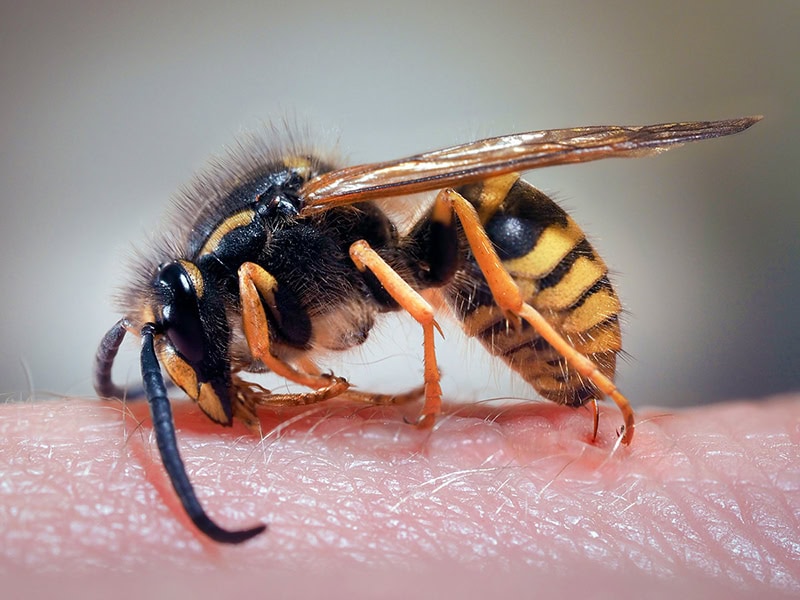
Wasps may be a natural part of summer, but when they start nesting near your home or business, they can quickly turn warm, sunny days into stressful ones. Left untreated, they pose real risks, especially in gardens, schools, care homes, and workplaces. If you spot signs of a nest or have got a problem with wasps, don’t risk it.
Got a wasp problem? Take the sting out of your summer by getting in touch with us today.
